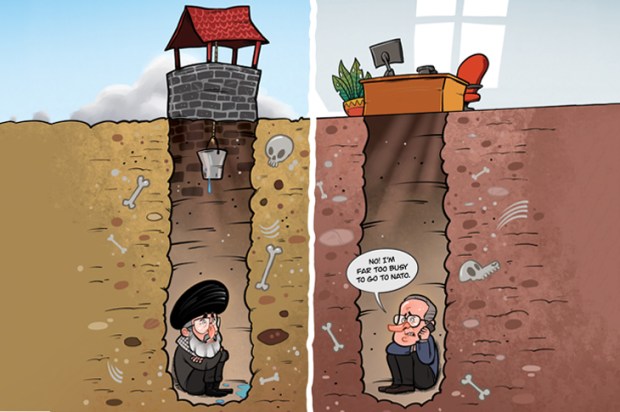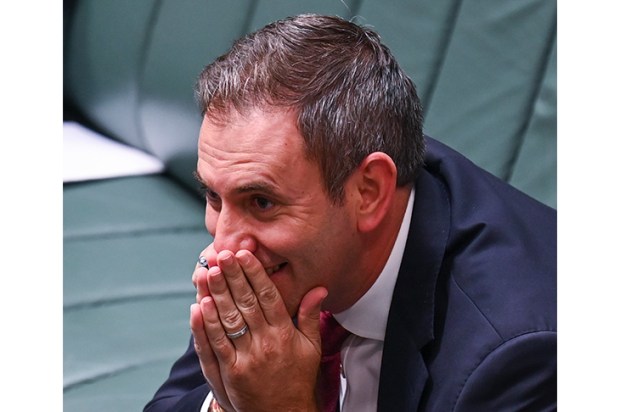The Washington Post just quietly pulled the plug on its police shooting database, “Fatal Force.” Don’t expect an apology or a reckoning. Don’t even expect an explanation. Because to acknowledge the full impact of that project would be to admit this: that for nearly a decade, the nation’s premier legacy newsroom helped manufacture and perpetuate a toxic narrative – that police officers are hunting black men in the streets with impunity.
Let’s be clear, the “Fatal Force” database didn’t just compile data; it crafted a storyline. It presented fatal police shootings in isolation, stripped of context and devoid of nuance. No breakdown of the circumstances. No mention of weapons. No differentiation between justified use of force and actual misconduct. Just names, faces and the unspoken suggestion that racism was always the root cause.
This is what passes for journalism in our elite institutions: insinuation over evidence, narrative over nuance.
The result? A decade of racial paranoia, collapsing trust in law enforcement and a political culture where slogans like “defund the police” could flourish in the mainstream. The human cost of this narrative cannot be overstated. Police pulled back from proactive enforcement in high-crime neighborhoods. Officers left the profession in droves. And the very communities that activists claimed to defend were left to face soaring crime and chaos.
But no one in the newsroom ever seems to ask: what happens when a false narrative becomes national policy?
Now here’s the truth that rarely makes it past the media gatekeepers: America’s modern police departments – especially in major cities like New York, Los Angeles, and Chicago – are among the most highly trained and professional in the world. That’s not propaganda. That’s reality.
Of course there’s room for reform. Racial profiling that leads nowhere – no guns, no drugs, no probable cause – undermines public trust. High-profile incidents of excessive force deserve scrutiny and accountability. But these events are the exception, not the rule. They should not define the profession any more than a corrupt politician should define an entire government.
The fatal flaw in the Post’s project – and in the broader progressive framing of policing – is its refusal to confront the correlation between crime and police presence. The hard truth is that urban minority communities tend to have higher rates of violent crime. That’s not because of skin color. That’s because of systemic issues like broken families, failing schools and economic neglect – many of them the legacy of progressive policies, by the way.
But when crime is high, police presence follows. It must. And when police presence is high, so too is the probability of interaction, arrest, and – yes – conflict. This isn’t racism. It’s math.
The idea that this basic dynamic can be reduced to a racial morality play – black victim versus white oppressor – is not only wrong, it’s dangerous. It cultivates fear. It discourages cooperation with law enforcement. It teaches young black men that any contact with a cop is a threat to their life, instead of an opportunity for protection, resolution, or correction.
And it has consequences. In cities across America, police officers have scaled back traffic stops, foot patrols and street-level enforcement, not because they don’t care – but because they’re being watched like predators and punished like criminals for doing their jobs. That vacuum doesn’t lead to peace. It leads to unchecked violence.
Look at the statistics the media ignore: in recent years, spikes in homicide, carjackings and armed robbery have hit minority communities the hardest. Children are gunned down on their front porches. Elderly women are assaulted in broad daylight. And where are the think pieces on that? Where’s the Washington Post database for the victims of post-police America?
What’s most infuriating is the lack of historical perspective. We are a far cry from the era of mafia cops on payrolls, precincts flooded with dirty money and officers turning a blind eye to organized crime. Those days are gone, and we should be grateful. Most modern officers are professionals. They’re husbands, mothers, military veterans and public servants trying to do an impossible job with shrinking resources and increasing scrutiny. They should be held to high standards, absolutely – but they also deserve our respect, not our constant suspicion.
I’m a black man who supports police reform where it makes sense. But reform must be grounded in facts, not feelings. Real accountability is built on a foundation of data, not emotional storytelling. What the Washington Post did was offer a half-truth, repackaged as moral clarity. But a half-truth is still a lie – and this one has done real damage.
If the Post wants to shut down its database, fine. But let’s not pretend the story ends there. The narrative they helped shape still dominates our culture. It lives on in our schools, in our politics and in our popular media. And until we start telling the whole truth about policing – about crime, community, and the hard work of building public trust – we’ll stay trapped in a cycle of mistrust and misunderstanding.
You want better policing? Start with better reporting.
The post The Washington Post ends toxic narrative that cops are hunting black men appeared first on The Spectator World.



















